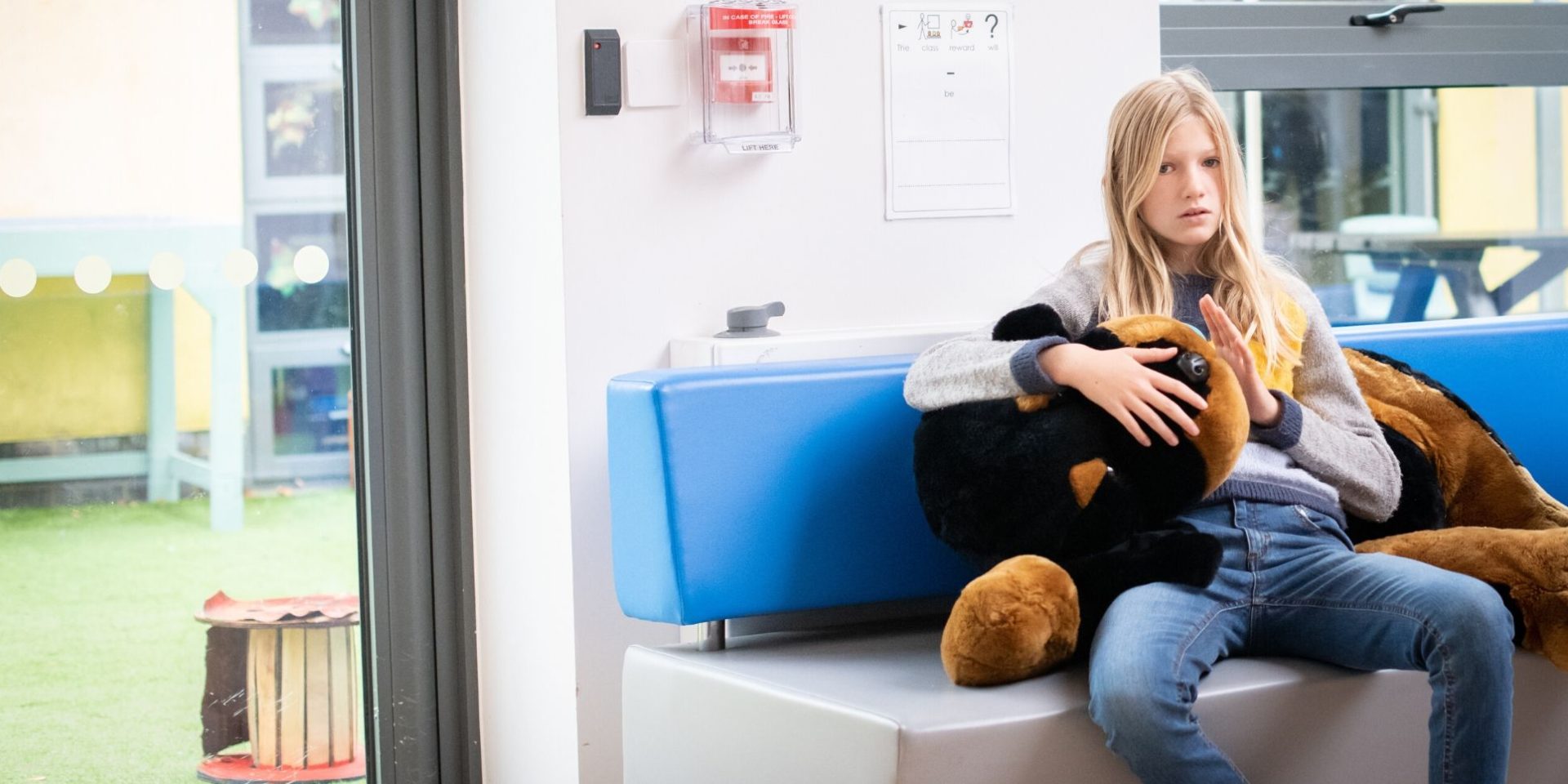Anxiety maybe caused when we sit an exam, go for a job interview, an argument with friends or family and following a bereavement.
With the current coronavirus pandemic, anxiety maybe raised in lots of people you know and interact with. These sensations and feelings maybe new to you or, if someone special in your life has died, these feelings maybe very familiar to you.
It is natural for you to feel more anxious about family members becoming ill if you have experienced the death of a loved one. The brain remembers all events and may be triggering your fight, flight or freeze instinct, making you feel more anxious and you may experience some of the symptoms below.
What is anxiety and what does it feel like?
Most people will experience low levels of anxiety at certain points in their lives. When we get anxious, we become aware of a range of both physical and emotional symptoms including:
- Feeling nervous, anxious or frightened
- Racing heart
- Shortness of breath
- Sweating
- Trembling
- Tense muscles in your neck, shoulders and fists
- Dry mouth
- Feeling nauseous
- Butterflies
- Headache or feeling lightheaded
- Tingling in your hands and feet
- Blurred vision
- Fainting
What can you do to help yourself when you are anxious?
1. Breathing
When we are anxious our breathing rate increases, we take in more oxygen and breathe out more carbon dioxide than usual. However, because the body is not working any harder than normal it is not using up any extra oxygen, and so it is not producing any extra carbon dioxide. Because carbon dioxide is being expelled faster than it is being produced its concentration in the blood goes down. This change in CO2 blood concentration can lead us to feeling unpleasantly lightheaded, tingly in our fingers and toes, clammy and sweaty. These are some of the symptoms of anxiety identified above.
It’s hard to think clearly when you are not getting enough oxygen and when suffering from anxiety or a panic attack it’s not uncommon to breath shallowly, hyperventilate or even unconsciously hold your breath. Deeper diaphragmatic breathing is the solution – by giving your brain and muscles more oxygen it calms down the fight or flight response.
Try 4-7-8 breathing in times of high anxiety – or try to practice this for 4 breath cycles twice a day so that it becomes a more natural response for you.
Inhale for a count of 4 – you are making yourself slowly take in more oxygen
Hold your breath for a count of 7 – you are allowing as much oxygen to saturate into your bloodstream as possible, cleansing and energising all your cells, tissues and organs)
Exhale to a count of 8 – you make sure you have expelled as much carbon dioxide from your lungs as possible
2. Traffic Lights: Identifying and challenging the anxious thoughts
By stopping and identifying the worrying thoughts we can also lower the anxiety levels. When we become anxious our brain spirals out of control and goes from one anxious thought to another. Often this is called ‘catastrophising’. By noticing when the thoughts start we can stop the spiral.
We all know what to do at traffic lights.
RED – STOP: Interrupt the negative or anxious thoughts. Take some time to write down the thoughts and then…
AMBER – THINK: What is the evidence for this thought, what are you already doing? Is this something you need to worry about now? Can you do anything about it? Or do you have to wait and see?
GREEN- DO: Park the thoughts that are not helpful and move on and do something else.
3. Write it down
Writing about stressful life experiences in your past has been shown to be highly effective. Linking up our emotions with specific events gives us the power to take control of how those events affect our lives.
Choose a notepad, journal or diary that appeals to you. Write freely about the event and emotions you are experiencing for 20 minutes without stopping. Do not edit. Do not worry about spelling or grammar or what it sounds like. It should be a ‘stream of consciousness’. Do this for as many days as you feel you need to process the event or experience. Reading it back to yourself out loud and/or processing it with a friend or family member can enhance the overall healing effects.
If writing isn’t your thing you could try art, anything that feels right for you to express the feelings you are facing at this moment.
These are just three ways to help reduce and manage the anxiety you maybe experience in the current situation with coronavirus (COVID-19).
It may also be helpful to remind yourself that this time will pass, we will get through the situation we are all in at the moment. Keep talking to your friends and family about how you are feeling if you able to. Remember they may also be experiencing similar emotions and feelings.
Other resources you might find helpful
Publications and resources
Our specialist publications and resources to help parents and professionals to support bereaved children of all ages and circumstances.
Activities for bereaved children
Download our activities to help grieving children and young people to explore and express their feelings and to help them maintain memories of the person who has died.




